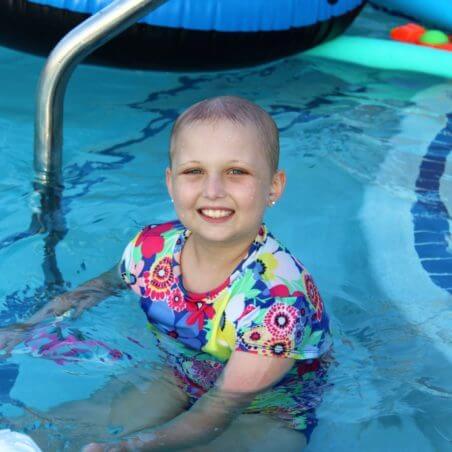KCA Blog
A Note from Dr. Bayliff
| April 7, 2020
Hello all you wonderful KCA families!!! Greetings from Lexington. KCA asked if I would write a couple of paragraphs about COVID-19 for the April newsletter . . . and, though I am most certainly NOT an expert on this viral pandemic, I want to share a few thoughts with you here.
First of all, I want to just say this . . . YOU GOT THIS!!!! All of you have been conditioned for this craziness. Even if your battle with cancer was years ago, you remember how to “social distance”. In fact, if the words “social distancing” won’t likely bring feelings of frustration and concern for the unknown after all this is over, we could consider using it to describe “neutropenic precautions”—right?
I would imagine all of you have some understanding of what COVID-19 is—at least as described to us by the media, the internet, etc. Some forms of Coronavirus have been around forever (much like the flu),but this particular strain has modified itself to spread quickly person-to-person and cause serious illness for people with certain health conditions. The risk of serious infection due to COVID-19 is greatest for the elderly, and people with severe chronic conditions such as heart disease, lung disease, and diabetes. That said, more than 80% of people with the COVID-19 infection will recover on their own without the need for medical care. And though children can get COVID-19, they seem to do extremely well.
Of course, what likely causes the most alarm in our KCA family is the fact that it has been mentioned that those “with weakened immune systems” are also at greater risk. It makes sense to worry about this, considering our kids that have cancer and are receiving therapy have immune systems that don’t function normally—and this makes them more susceptible to viral infections. Hence—PREVENTION is the key . . . and “SOCIAL DISTANCING” is the way. Stay home, hunker down, and go into “neutropenic precautions” mode. You know better than anyone how to do it. Model it for others in your community! And if you have concerns that you may have symptoms suggestive of COVID-19 (fever, cough, shortness of breath, etc.) do exactly what you would do if your child had a fever while receiving treatment—call your doctor.
-Dr. Sherry Bayliff
Pediatric Hematologist/Oncologist, Kentucky Children’s Hospital
Medical Director, Kids Cancer Alliance

